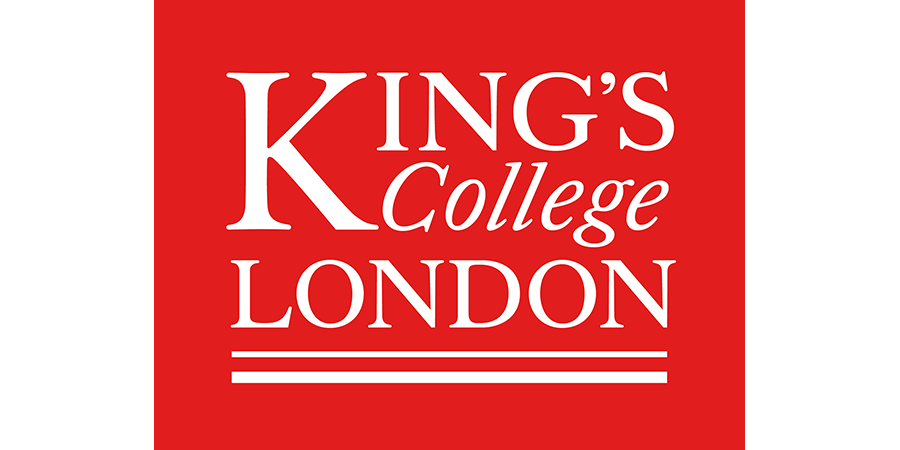Post Doctoral Research Associate
King's College London - Institute of Pharmaceutical Science, Faculty Life Sciences.
| Location: | London |
|---|---|
| Salary: | £44,355 to £45,497 per annum (Including London Weighting) |
| Hours: | Full Time |
| Contract Type: | Fixed-Term/Contract |
| Placed On: | 8th May 2025 |
|---|---|
| Closes: | 18th May 2025 |
| Job Ref: | 114265 |
About Us
From molecules to medicines: using science to transform health:- The Institute of Pharmaceutical Science at King’s College London is organised into Departments that work together towards the development of toxicological and forensic science; the discovery of novel medicines & new formulations that can be evaluated in the clinic; and providing a better understanding of how to optimise the use of existing medicines by patients and healthcare professionals.
About The Role
The role will be of post-doctoral research assistant (PDRA) to Drs R John & Sylvia Dobbs, Joint Leads, Host Microbiome Interaction Group: Clinical Pharmacology & Therapeutics, Institute of Pharmaceutical Science, King’s College London and King’s Health Partners.
We look at Parkinson’s disease as an immune or inflammatory response in the brain, driven by what is happening in the gut. In order to manage Parkinson’s disease in an individual, one needs to understand how they reached their current state, what would happen if left untreated, and what intervention has the prospect of get them to a better position. A model is needed into which to feed critical information and retrieve cause/effect insights on which to base logical decisions. Biological information cuts across diagnostic boundaries and blanket descriptors of disease manifestations.
We take a bottom-up approach to building this cause/effect model. It includes black box deconstruction to ascertain fundamental disease components and a rational rebuild. We endeavour to understand each layer of potential drivers in the gut (e.g. bacteria and their products, fungi, protozoa, viruses), their interaction, and opportunities for intervention in causal pathways. Interventions allow the shift from describing ‘associations’ between the biology and clinical outcome to discussing ‘cause and effect’, with the prospect of clinical trial design to bring research findings into practice.
The appointee will help generate this biological information, by laboratory work on microbiome and specific pathogens, metabolome and immunome as well as clinical phenotyping in participants.
The work will involve close collaboration with other team members, driving the programme on aetiopathology of neuropsychiatric disease forward. It will also involve routine but necessary tasks/responsibilities.
This is a full time (35 Hours per week), and you will be offered a fixed term contract for 2 years with possibility of extension.
Advert information
Type / Role:
Subject Area(s):
Location(s):









